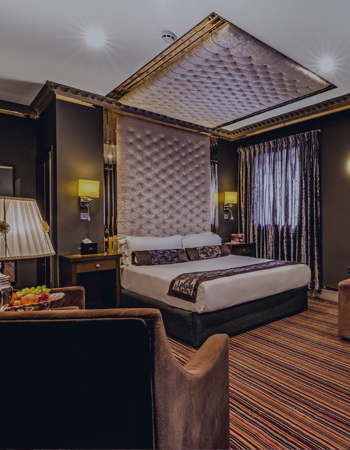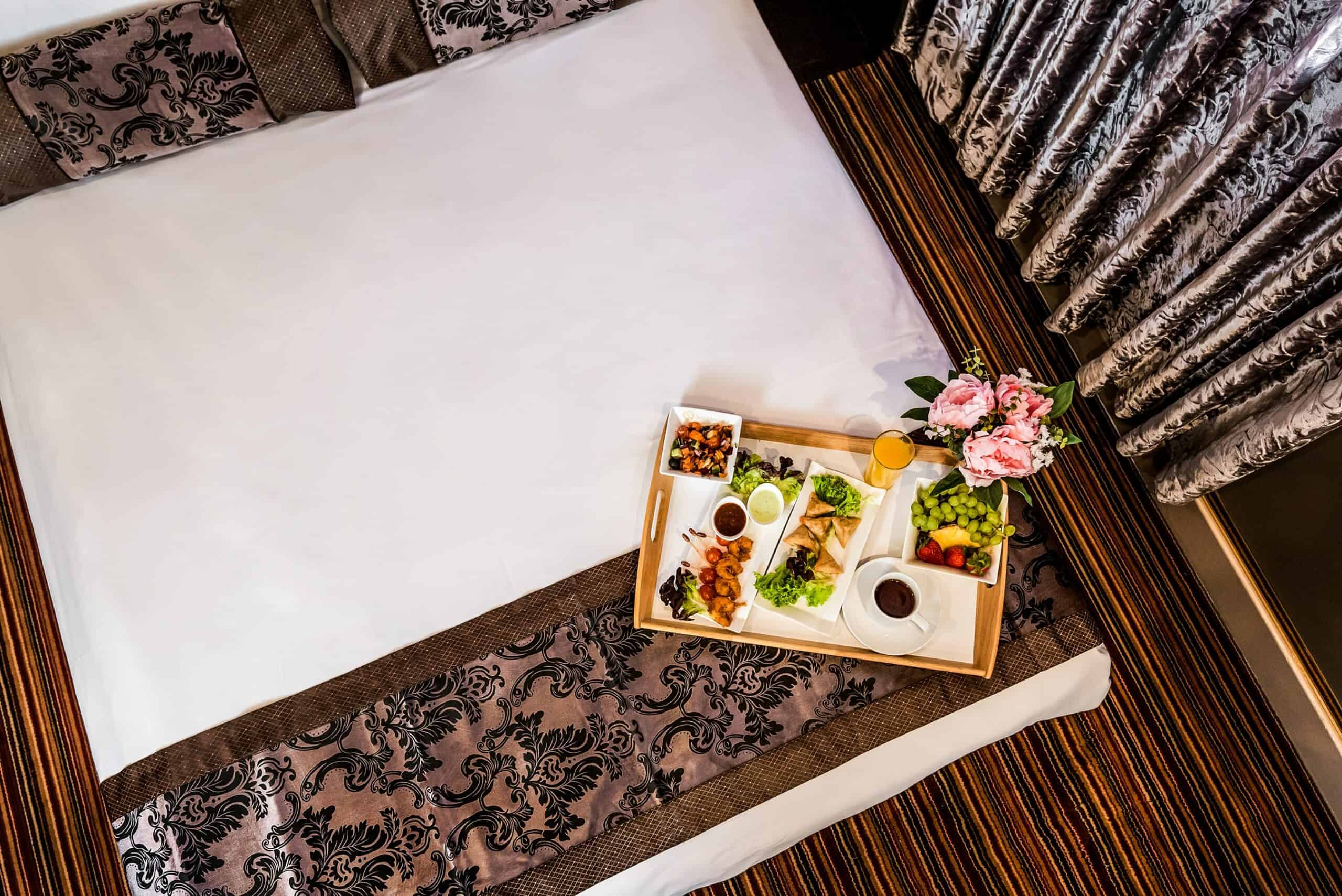What is the difference between a hotel and a motel?
 If you’ve ever gone on a road trip or booked a last-minute getaway, chances are you’ve come across the terms “motel” and “hotel.” At first glance, they might sound pretty interchangeable, both offer a place to sleep, a room with a bed, and somewhere to freshen up before heading out again. But if you dig a little deeper, there are actually some key differences between the two.
If you’ve ever gone on a road trip or booked a last-minute getaway, chances are you’ve come across the terms “motel” and “hotel.” At first glance, they might sound pretty interchangeable, both offer a place to sleep, a room with a bed, and somewhere to freshen up before heading out again. But if you dig a little deeper, there are actually some key differences between the two.
So what is the real difference between a motel and a hotel? Is one better than the other? And when should you pick one over the other? Let’s break it down in a simple, no-nonsense way — no complicated industry talk, just real answers for everyday travellers.
Where the Words Come From
Before diving into what separates the two, it helps to know how they got their names.
The word “hotel” comes from the French word “hôtel,” which originally referred to a large townhouse or place that provided lodging and meals to visitors.
The word “motel” is actually a blend of “motor” and “hotel.” It first popped up in the United States in the 1920s, when people started taking long car journeys and needed somewhere quick and convenient to rest. Motels were designed for motorists, people travelling by car and they were all about easy access, quick stops, and affordability.
That origin story alone gives you a hint of the difference: motels were built with drivers in mind, while hotels were designed for travellers who were often staying longer and looking for more services.
Layout and Access
One of the easiest ways to tell if you’re looking at a hotel or a motel is the layout of the building.
Hotels are usually multi-storey buildings with interior hallways and lifts. You check in at a reception desk, then take a lift or stairs to your room, which is tucked away in a corridor. They often have a lobby, a restaurant, sometimes a bar or spa, and maybe even a conference room or fitness centre.
Motels, on the other hand, are often single or double-storey and built in a line or L-shape. Rooms usually have doors that open directly onto a parking lot. You can pull your car up right in front of your room, hop out, unlock the door, and you’re in. No hallways, no elevators, no wandering through lobbies.
This makes motels super convenient for people who are just stopping for a night and don’t want to fuss with check-in counters or valet parking.
Amenities and Services
Hotels generally offer more amenities. Think daily housekeeping, on-site dining, room service, concierge, laundry services, and sometimes even a pool or spa. In bigger hotels, especially in cities or tourist areas, you might also find conference facilities, shuttle services, or event spaces.
Motels are usually stripped down to the basics. A bed, a bathroom, a TV, maybe free Wi-Fi and a small fridge. Some offer breakfast or vending machines, but many don’t. The whole idea of a motel is quick, easy, and no-frills. You check in, sleep, and check out, usually all within 24 hours.
That doesn’t mean motels are bad. They just cater to a different kind of traveller, one who wants practicality over polish.

Location and Purpose
Hotels are usually located in city centres, near tourist attractions, airports, or business hubs. They’re designed for people staying for a few days or more, often on holiday or business trips.
Motels, in contrast, are more often found on highways, motorways, or just outside towns, perfect for people driving long distances who need to rest before hitting the road again the next day.
This makes motels ideal for road trips, quick business stopovers, or when you just need a few hours of sleep between destinations.
Cost
In general, motels are cheaper than hotels.
Because they offer fewer services and are usually located in less central areas, the prices tend to reflect that. You might get a motel room for a fraction of the cost of a nearby hotel, especially if you’re just looking for a clean, safe place to rest.
Hotels can range from affordable to extremely expensive, depending on location, star rating, and services. A four-star hotel in central London will cost a lot more than a motel off the A1. That said, if you’re after comfort, convenience, or a touch of luxury, a hotel might be worth the extra spend.
Security and Cleanliness
Both hotels and motels can be safe and clean, or not. It really depends on the individual place, not the label.
Some people assume that motels are less secure or less hygienic, but that’s a stereotype that doesn’t always hold true. There are plenty of well-run, clean, family-friendly motels, and just as many poorly maintained hotels. That’s why it’s always a good idea to read recent reviews before booking, regardless of whether it’s a motel or a hotel.
If security is a concern, hotels may offer a slight edge due to locked internal corridors, staffed lobbies, and surveillance systems, but again, not all hotels have these features, and many motels have stepped up their game in recent years.
Which One Should You Choose?
It really comes down to why you’re travelling and what matters to you most.
If you’re on a long road trip and just need somewhere to crash for the night, a motel is often the more sensible — and budget-friendly — choice. You park outside, rest up, and hit the road early.
If you’re in a new city, attending a wedding, on holiday, or just want more comfort, then a hotel is likely the better fit. You’ll get more services, access to local attractions, and maybe even a free breakfast buffet if you’re lucky.
In some cases, your only option might be one or the other. Rural areas may only have a motel. City centres may be packed with hotels but not a single motel in sight. The important thing is to know what you need and book accordingly.

Final Thoughts
At the end of the day, both hotels and motels serve the same purpose: giving travellers a place to stay. The difference lies in how they do it, and who they’re designed for.
Hotels are built for comfort, convenience, and a fuller travel experience. Motels are built for simplicity, speed, and accessibility. One isn’t better than the other, they just suit different moments.
So the next time you’re scrolling through booking sites and wondering which option to go for, ask yourself: What kind of trip am I taking? What do I need most, comfort, convenience, or cost savings? Once you’ve got that answer, the choice becomes much easier.
And remember, whether it’s a luxury hotel or a humble roadside motel, the best stays are the ones that let you rest well and feel ready for whatever’s next.



